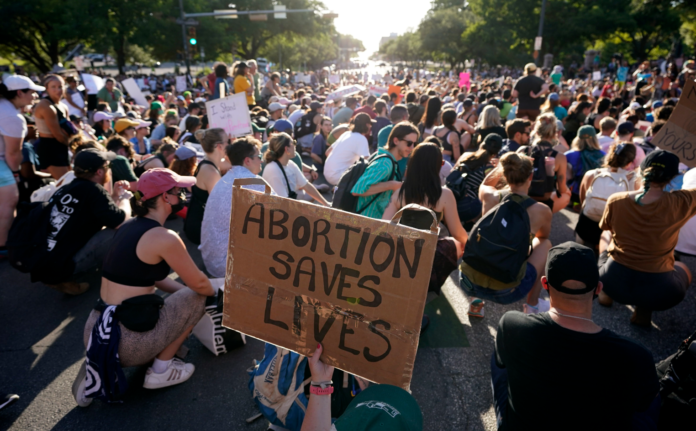Lizelle Gonzalez from Texas has initiated a lawsuit against Starr County prosecutors, seeking over $1 million in damages. This legal action stems from her traumatic experience of being wrongfully charged with murder after seeking medical care for a self-managed abortion in 2022. The case not only casts a glaring light on Gonzalez’s personal ordeal but also underscores the broader issue of pregnancy-related criminalization that disproportionately affects marginalized communities across the United States.
Gonzalez’s ordeal began with her arrest and public humiliation, a consequence of the hospital reporting her to the district attorney’s office. Despite the reversal of Roe v. Wade, Texas law explicitly exempts individuals from being criminally prosecuted for their own abortions, highlighting the stark illegality and unconstitutionality of the charges against her. Her legal team is emphatically pushing back against what they see as a flagrant violation of her civil rights, indicating a systemic problem that goes beyond a mere oversight.
The legal action taken by Gonzalez is set against the backdrop of a worrying trend where nearly 1,400 people faced pregnancy-related criminalization from 2006 to June 2022. Such criminalization includes arrests and enhanced punitive measures solely because of pregnancy, painting a disturbing picture of a society that weaponizes reproductive status against individuals, particularly affecting Black, Brown, and Indigenous communities, immigrants, low-income populations, and sex workers.
The case brings to the forefront the troubling reality of self-managed abortion criminalization. In a period spanning two decades, over 60 individuals were investigated or arrested for terminating their own pregnancies or assisting others, with legal ambiguities leaving them in a precarious position of legal risk. Notably, the prosecution of these cases often misuses statutes never intended for such purposes, ranging from abuse of fetal remains to homicide, underscoring a grave misuse of the legal system to control and punish rather than protect.
The Gonzalez lawsuit and similar cases expose the intricate web of surveillance, reporting, and prosecution that ensnares individuals seeking reproductive healthcare. Healthcare professionals, social workers, and even acquaintances become unwitting informants to law enforcement, despite the absence of legal mandates requiring such reporting. This systemic betrayal not only breaches patient trust but also perpetuates a culture of fear and stigma around reproductive health.
As the narrative unfolds, Lizelle Gonzalez’s legal battle is more than just a personal quest for justice; it is a rallying cry for reproductive rights, challenging the criminalization of pregnancy and advocating for the dignity and autonomy of all individuals. This case serves as a stark reminder of the urgent need to dismantle the punitive structures that criminalize poverty, gender, and race, and to ensure that everyone can access the care they need and live lives free from fear, stigma, or punishment.



